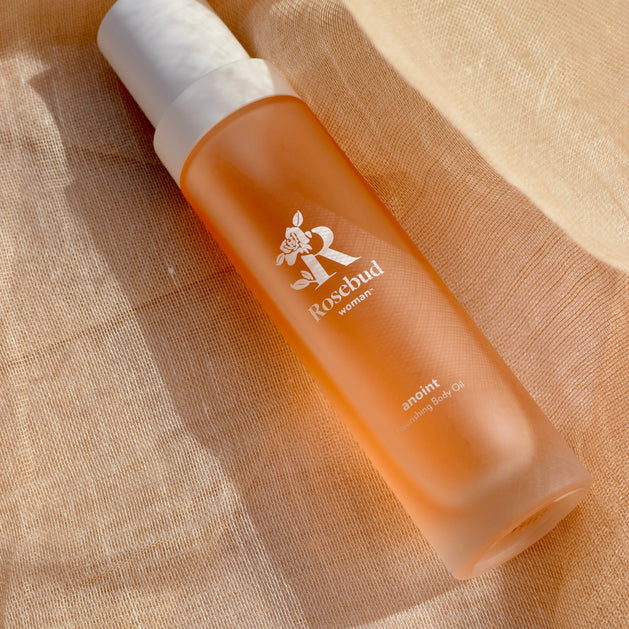Why Ritual
Rituals demarcate rites of passage or momentous occasions. They help us celebrate and heal. They help us remember who we are by placing us in the larger network of existence, in time and space and in nature. Rituals can direct our attention, help us make clear choices, and move forward in our lives. And when conducted with others, they are magnified by being witnessed in community. Longstanding rituals, passed on as tradition from generation to generation, help define family or tribe, make sense of things we experience together. People need belonging and connection to others to survive, and communal ritual and ceremony magnify our sense of belonging. Private or shared, rituals are a pointer to what matters.
Ritual can be the simple act of attentively pouring tea or intentionally bathing, or a gratitude practice that is done at the same time each day. There are communal rituals, such as milestone circles or harvest celebrations. At the elaborate end of the ceremony spectrum, there are complex multi-day events, like Wiwanke Wachipi, or the Sioux Sun Dance, which is the most important annual celebration of the American Plains Indians and points to a “time of renewal for the tribe, people and earth.” Some religious practitioners, like monks, or rabbis, live their whole lives in ritual. It really is about bringing awareness and attention, instead of rote action, to all aspects of this human life. In the west, we are introduced to rituals in the form of engagements, weddings, the welcoming of a child, graduations or funeral services. These more common ceremonies are simultaneously personally significant and communally affirming.
We might be familiar with less universal rituals through our family or religion. Yet there are many common human experiences and milestones that we don’t universally mark in the west. For example, the coming of age at puberty is celebrated in Judaism when a young person has mastered a portion of the Torah, and there are confirmation rites in some Christian traditions, but for many young people the only ritual is getting a driver’s license. Milestones with difficult emotions, such as a break-up or divorce, or many other losses such as a miscarriage or a child leaving for college... These don’t have much of a container at all in modern culture. In subsets of our culture, there are pointers to missing rituals that we can learn from. Let’s take the menstrual cycle for example. While overall, many women in the mainstream culture don’t have a ritual for their period, orthodox Jewish women do: they enter a mikvah, or ritual bath, at the end of their menstrual cycle. Pagan women also have traditionally marked the beginning of their moon and even considered their menstrual blood a sacrament. By learning how other women experience and mark this time, we might be inspired to reconnect to our own biology and craft our own reverent approach to our bodies.
For me, I was particularly called to reinstate rituals around the earth’s rhythms, the moon cycles, solstices and equinoxes, because I wanted to live with a greater awareness of being on a ball rolling and turning through space—that each moment of my life is lived within the frame of the earth’s rhythms. There are also things we mark because they are not universal, but rather because they are uniquely significant in our own lives, and these also deserve recognition, and sometimes witnessing. Ritual can serve almost any aspect of our lives that we deem important. We will dive into many specifics here, but know that these principles can be applied to anything that is meaningful for you.
The above is an excerpt from our new book Reverence: Modern Rituals for Everyday Life.
treat yourself



























